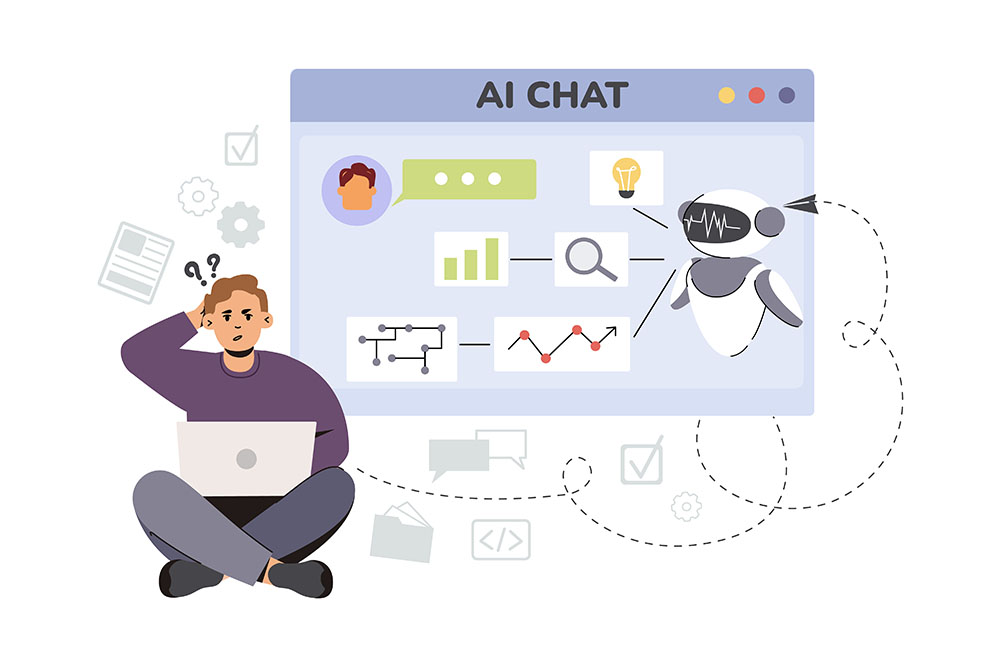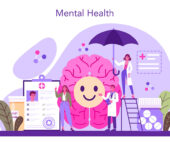Using AI in mental health has great potential, but it also has challenges. One big challenge is how to use AI ethically. We need strong privacy protections for mental health data to keep personal information secure. Balancing insights from data with user privacy is tricky, needing clear rules, secure systems, and following ethical standards.
Another challenge is bias in AI algorithms. If the data used to train AI isn’t diverse, it can lead to biased results in mental health care. This bias could cause differences in diagnosis and treatment. Fixing this requires making datasets more diverse and being fair in how algorithms are developed.
Understanding AI decisions is also tough. Mental health professionals and those seeking support need to know how AI makes its conclusions. Some advanced AI models are like a “black box,” making it hard to understand their recommendations. Balancing complexity and transparency is crucial for trust in the mental health community.
Mental health is complex and subjective, making it hard for AI to handle. Unlike simple medical conditions, mental health is influenced by many factors like culture and personal experiences. Designing AI models that consider this complexity and offer personalized, culturally sensitive help is an ongoing challenge.
The digital divide is another hurdle. While technology improves, not everyone has the same access to smartphones or the internet, creating a gap in using AI for mental health. Closing this gap is important to make sure AI helps a wide and diverse group of people.
In conclusion, while AI can transform mental health care, dealing with challenges is crucial for it to work well and ethically. Addressing privacy concerns, reducing bias, making AI decisions understandable, handling mental health complexity, and ensuring access for everyone are key steps to make the most of AI in improving mental health. A thoughtful and collaborative approach is needed as we face these challenges to unlock the positive impact of AI on mental well-being.





